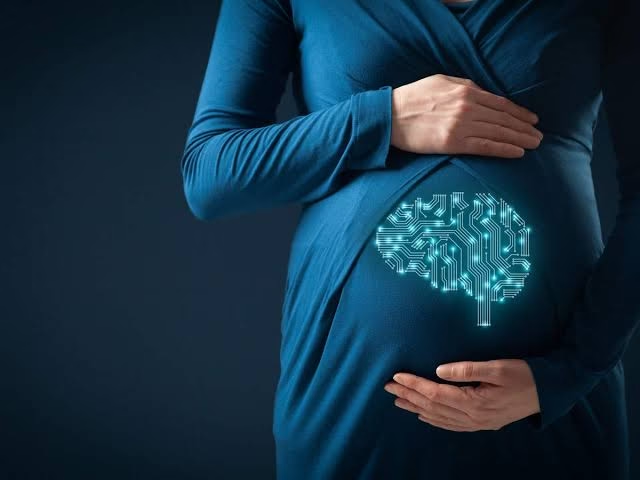A 40-year-old woman in Mexico has made history by giving birth to the world’s first baby conceived through an AI-powered IVF procedure. For the first time ever, an artificial intelligence system completed all 23 steps of the ICSI process—including selecting and injecting the sperm—entirely without human intervention.
In a groundbreaking moment for reproductive medicine, the first baby has been born using a fully automated IVF process driven by artificial intelligence and robotics. The innovation comes from Conceivable Life Sciences, a biotech company with bases in New York and Guadalajara. Their advanced system automates the full intracytoplasmic sperm injection (ICSI) procedure—a key part of IVF that has traditionally required the steady hand of a skilled embryologist.
ICSI, which has been used since the 1990s, involves manually injecting a single sperm into an egg. While this method has helped countless families, it’s also subject to human error, fatigue, and variations in technique. Conceivable’s new system removes those inconsistencies by automating all 23 steps of the ICSI process, using either AI or remote digital input.
A report published in Reproductive Biomedicine Online confirmed the birth took place following treatment at Hope IVF Mexico in Guadalajara. The mother, a 40-year-old woman using donor eggs after a failed previous IVF attempt, underwent fertilization using the AI-guided system. Of the five eggs treated, four were successfully fertilized, and one developed into a high-quality embryo. That embryo was frozen, later implanted, and eventually led to the birth of a healthy baby boy.
What sets this technology apart is its ability to not only inject the sperm but also select and immobilize it. The AI identifies the best sperm cell, disables it with a laser, places it precisely into the injection pipette, and delivers it into the egg—all with a level of consistency and precision that surpasses human performance.
The fertilization process was managed remotely by embryologists in Guadalajara and New York, who controlled the procedure via a digital platform. In total, 115 steps were executed to fertilize the five eggs. Each egg took just under 10 minutes to process—slightly longer than the traditional method due to the novelty of the technology, though improvements are expected to speed things up in future versions.
Dr. Jacques Cohen, Conceivable’s Chief Scientific Officer and a leading figure in embryology, noted that this system could reduce stress on lab staff and potentially improve egg survival and IVF success rates. Co-founder Dr. Alejandro Chavez-Badiola emphasized that this is the first system capable of automating every aspect of the ICSI process.
While the early results are promising, Conceivable emphasizes that more studies are needed to ensure the system’s safety and effectiveness across a wider range of cases. Still, this birth represents a major leap toward fully automated IVF labs—where human oversight continues, but precision and consistency are elevated by AI and robotics.
If proven safe and effective on a larger scale, this technology could transform fertility care, making IVF more reliable, accessible, and successful for people worldwide.
https://www.instagram.com/findwhosabi_?igsh=MTB6YTMxbDM4ZW8wYQ==


